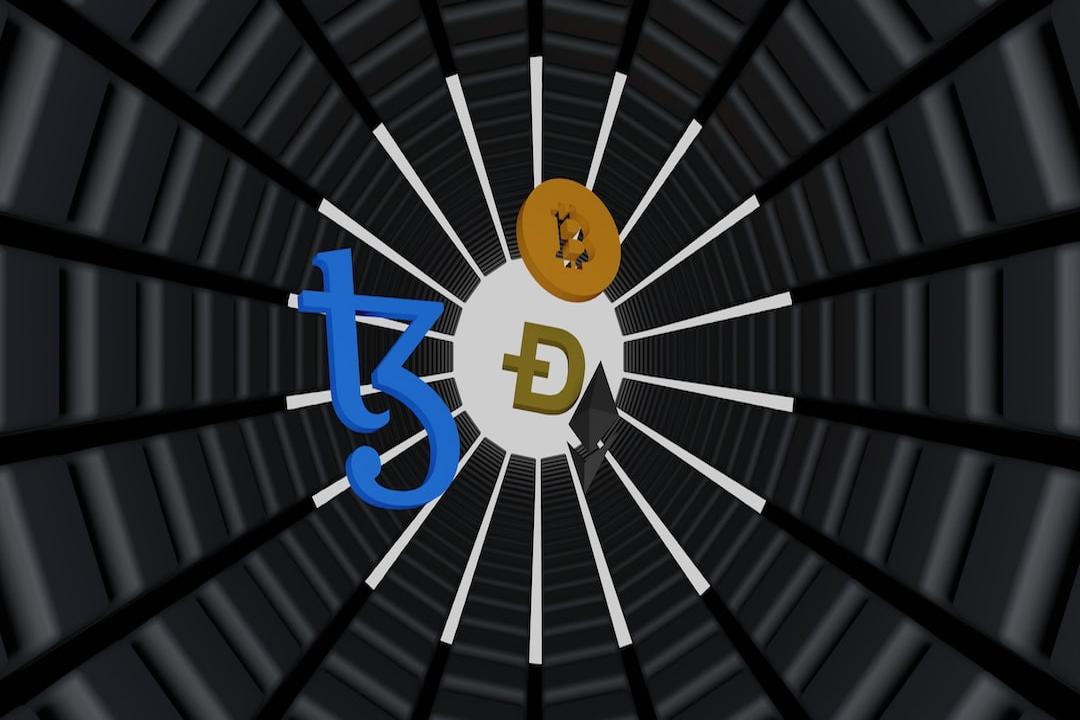With most of our information now being up there in databases and systems, paperwork is passé. And with technology taking over our daily activities at such a rapid pace, the world is closely moving towards big data. But the real deal here is how blockchain can unleash the potential of big data augmenting our data security and quality considerably. Let us now delve deeper into the implication of this union between blockchain and big data.
Before that, let us understand what blockchain really is. The blockchain is a system of databases stacked together serving as an open ledger for storage and management of various transactions.
What we refer to as a block is the record of transaction data including timestamps and a link to the earlier record. What this means is that you can change your information and credentials whenever you want. Moreover, what’s exciting is that every transaction is maintained in multiple systems so you can be assured of data security. Thus blockchain is unassailable. The data you store will not be altered as long as the network is there.
Also, read – What is Blockchain – A detailed infographic?
Imagining blockchain as a record of multiple data points, it is a little esoteric to link it with Big Data. But as a matter of fact, blockchain can be used as a ledger for stock deals, business transactions, and other financial activities. What’s exciting here is that blockchain can significantly reduce transaction processing time. Here we’re talking about minutes right from business days.
While each block houses every possible detail of your business transactions that can be traced at any given time, the blockchain ensures security for the ledger; it kind of omits the analysis of data. This is where we require tools like Big Data.
They considerably reduce processing costs as well as associated risks and extra time, the incidence of double-spending surely will be reduced dramatically. You could also monitor consumer trends and patterns and make sure to spot where you might land into a risky transaction. Now, this is better than real transactions as the possibility of error is negligible.
Moving out of financial setups, you could also ensure the security of your data. Many institutions and establishments have previously recorded data breaches due to hacking, leaks, etc. With blockchain, a number of signatures will be required to be able to have access to the information. This can significantly reduce hacking attacks and frauds.
Moreover, this will also help uncover real-time frauds, and every single movement and pattern will be recorded. So every fraudulent transaction made will be caught instantly.
While some people argue that this may lead to consumer profiling and unwarranted access to private information, the susceptibility to misuse of blockchain databases is high. But as a matter of fact, when we look at the bigger picture, there’s enhanced transparency, and rejection of unverified inputs thus contributing to the accuracy of the information and foolproof security for all your records.
In conclusion, the amalgamation of blockchain and big data can unravel a world of possibilities for all sectors. You can now be assured that the integrity of all your records will be intact and any tampering or activity will be encrypted into the databases, so the information stays secure and untouched.
Blockchain stores data worth billions of dollars. This will lead to revenue of almost 100 million dollars annually. To keep a check on the unlimited possibility, big data analytics will help make better choices in terms of tracking various motions and analyzing the current ecosystem as well as concealed patterns.



